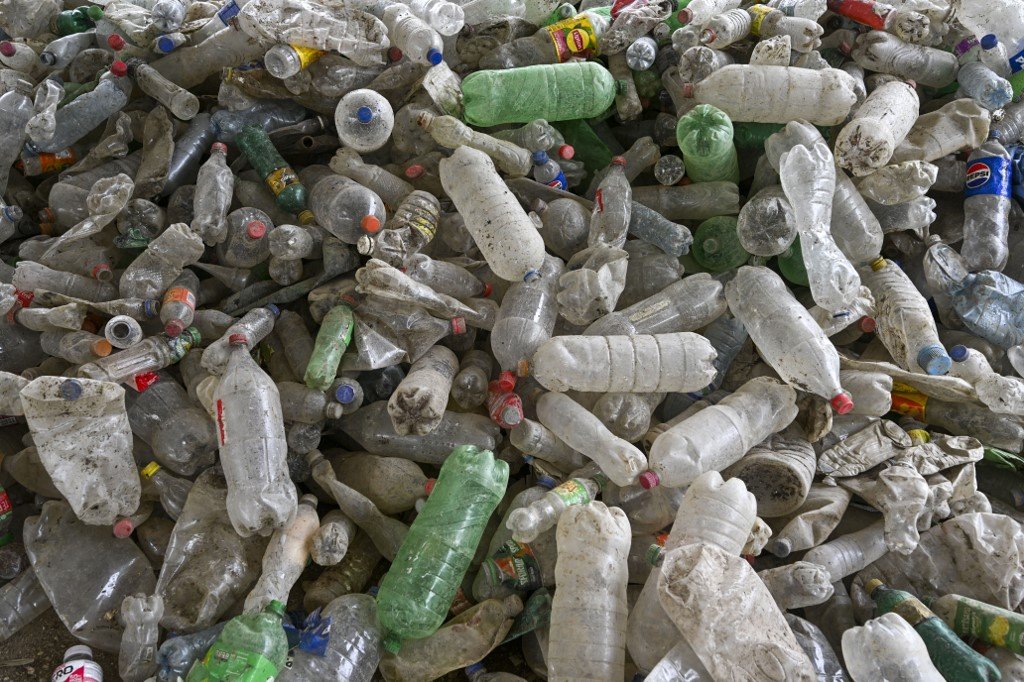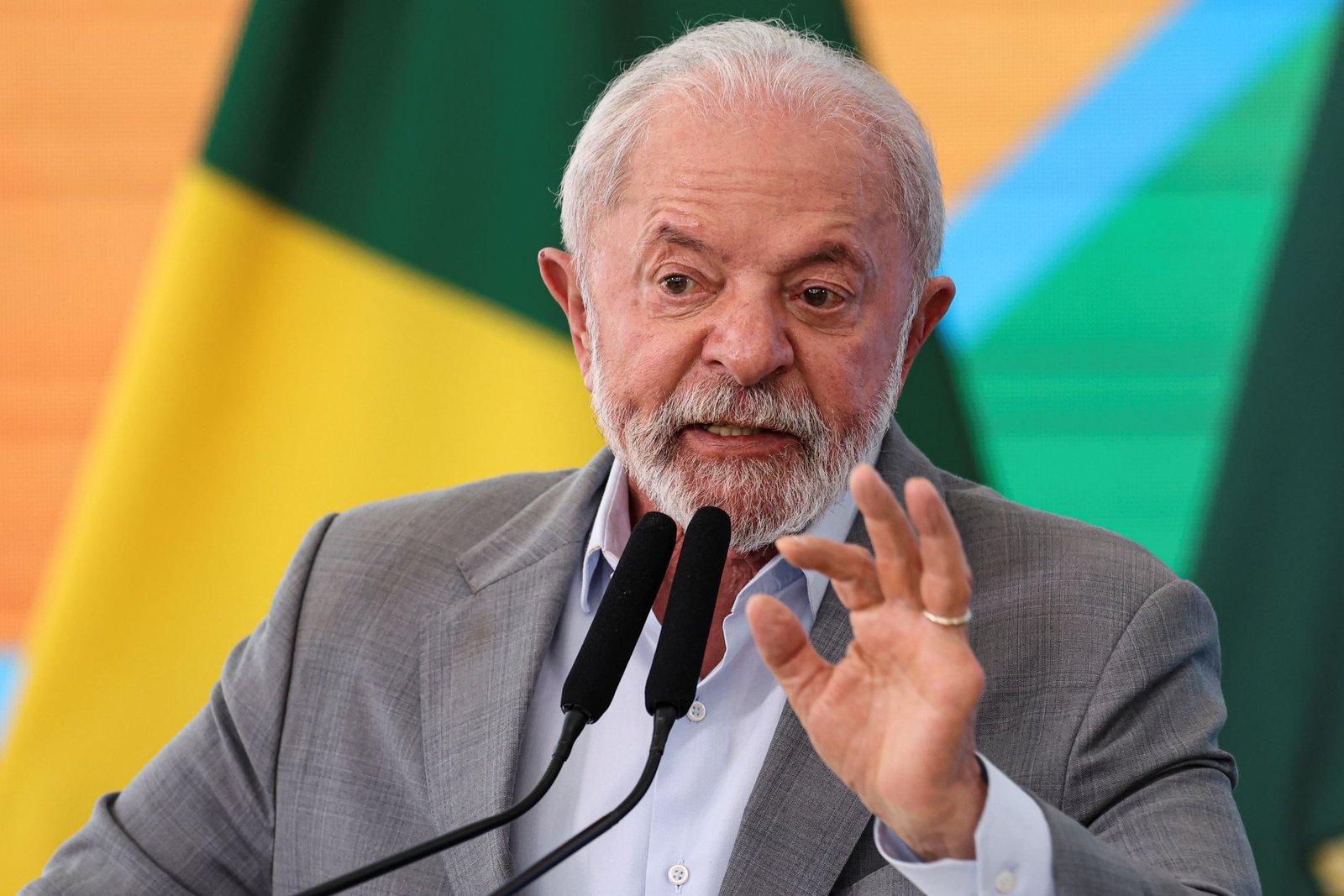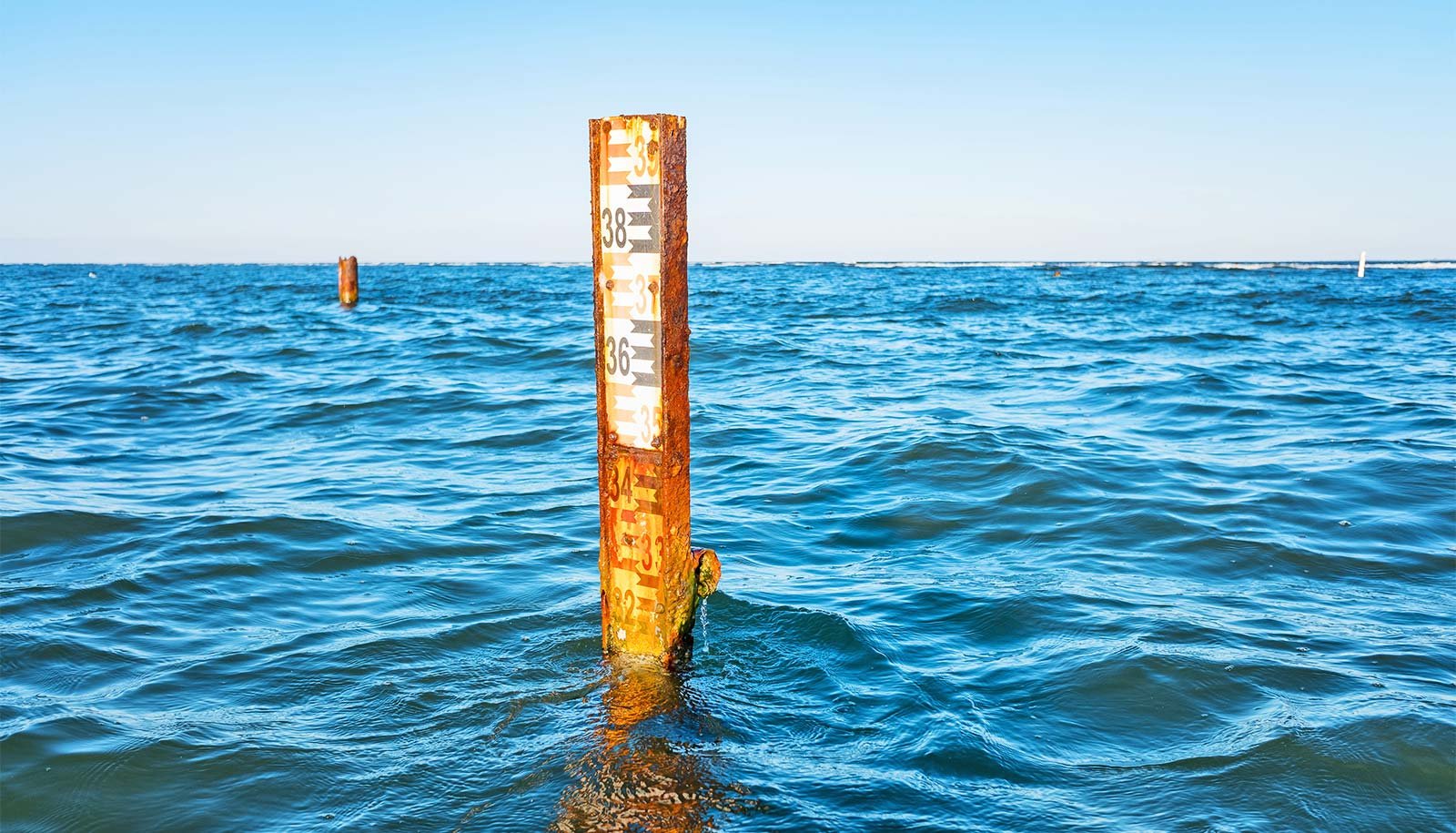Representatives from 184 countries began negotiations on Tuesday at the UN headquarters in Geneva to draft, within ten days, the first global treaty aimed at reducing plastic pollution that threatens to choke the planet.
At the official opening of the debates, Ecuadorian diplomat Luis Vayas Valdivieso, who chairs the negotiating committee, urged states to take responsibility for addressing a “global crisis.”
“Plastic pollution is damaging ecosystems, contaminating our oceans and rivers, threatening biodiversity, harming human health, and unfairly impacting the most vulnerable. The emergency is real (…) and the responsibility lies with us,” he said.
In discussion for three years, this “legally binding” text for states “will not be achieved automatically,” Vayas Valdivieso warned Monday, as he welcomed delegates from more than 600 NGOs attending the talks in the Swiss city.
Amid significant geopolitical and trade tensions, this additional negotiation session, called INC-5.2, was convened after a failed round last December in Busan, South Korea. A group of oil-producing countries blocked any progress at that time.
“There has been a lot of diplomacy since Busan,” said Inger Andersen, Executive Director of the United Nations Environment Programme (UNEP), which is organizing the meeting. “Most countries I have spoken with have said they are coming to Geneva to reach an agreement,” she added.
“Will it be easy? No. Will it be simple? No. Is it complex? Yes. Is there a path to a treaty? Absolutely,” said Andersen, a seasoned diplomat well-versed in difficult environmental negotiations, who added she is “determined” to achieve an agreement.
“Lessons have been learned” since Busan, added Valdivieso, assuring that NGOs and civil society will have access to contact groups negotiating the most contentious issues: chemicals to be banned, production limits, and more.
Panama’s representative, Juan Monterrey Gómez, expressed optimism about the possibility of signing a treaty at the end of the session. “The start (of the talks) is better than in Busan,” he said
Serious, Growing, and Underestimated Danger
Plastic waste pollution is a “serious, growing, and underestimated danger” to health that costs the world at least $1.5 trillion annually, warned experts in a report published Monday in the medical journal The Lancet.
Philip Landrigan, a physician and researcher at Boston College in the United States, warned that vulnerable populations, especially children, are the most affected by plastic pollution.
To highlight the issue, an ephemeral art installation titled “The Burden of the Thinker” was placed outside the UN headquarters in Geneva: a reproduction of Auguste Rodin’s famous statue submerged in a sea of plastic waste.
Its creator, Canadian artist and activist Benjamin Von Wong, hopes the piece will make delegates reflect on “the impact of plastic pollution on human health” during the negotiations.
However, Matthew Kastner, spokesperson for the American Chemistry Council, defended plastic and the services it provides to modern societies.
Vital for Public Health
“It is vital for public health,” Kastner stated, citing sterile medical equipment, surgical masks, tubes, containers, and other items that improve hygiene and food safety.
This argument was rejected by Greenpeace, whose delegation head, Graham Forbes, on Monday called for “stopping plastic production to end the pollution crisis” during a demonstration in Geneva.
“Our priority is to reduce plastic production,” added Seema Prabhu from the Swiss NGO Trash Hero World, which mainly operates in Southeast Asian countries such as Thailand, Vietnam, Indonesia, and Malaysia.
“There are many petrochemical and plastic factories” in these countries, she explained, and therefore many jobs depend on them. “That is why we advocate for a just transition” by creating employment in “reuse, recycling, and waste collection.”




